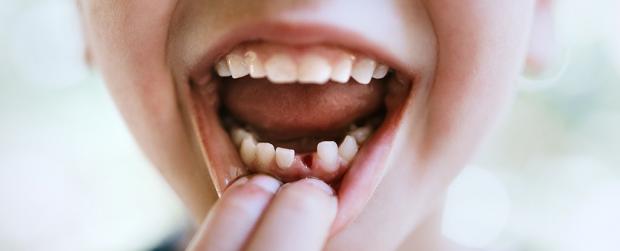
Breaking News
 Zone 00: Permaculture for the Inner Landscape (No Land Required)
Zone 00: Permaculture for the Inner Landscape (No Land Required)
 Sam Bankman-Fried files for new trial over FTX fraud charges
Sam Bankman-Fried files for new trial over FTX fraud charges
 Big Tariff Refunds Are Coming. How Much and How Soon?
Big Tariff Refunds Are Coming. How Much and How Soon?
Top Tech News
 New Spray-on Powder Instantly Seals Life-Threatening Wounds in Battle or During Disasters
New Spray-on Powder Instantly Seals Life-Threatening Wounds in Battle or During Disasters
 AI-enhanced stethoscope excels at listening to our hearts
AI-enhanced stethoscope excels at listening to our hearts
 Flame-treated sunscreen keeps the zinc but cuts the smeary white look
Flame-treated sunscreen keeps the zinc but cuts the smeary white look
 Display hub adds three more screens powered through single USB port
Display hub adds three more screens powered through single USB port
 We Finally Know How Fast The Tesla Semi Will Charge: Very, Very Fast
We Finally Know How Fast The Tesla Semi Will Charge: Very, Very Fast
 Drone-launching underwater drone hitches a ride on ship and sub hulls
Drone-launching underwater drone hitches a ride on ship and sub hulls
 Humanoid Robots Get "Brains" As Dual-Use Fears Mount
Humanoid Robots Get "Brains" As Dual-Use Fears Mount
 SpaceX Authorized to Increase High Speed Internet Download Speeds 5X Through 2026
SpaceX Authorized to Increase High Speed Internet Download Speeds 5X Through 2026
 Space AI is the Key to the Technological Singularity
Space AI is the Key to the Technological Singularity
 Velocitor X-1 eVTOL could be beating the traffic in just a year
Velocitor X-1 eVTOL could be beating the traffic in just a year
Stem Cells From Baby Teeth Could Be Used to Bring Back a Dead Tooth

Stem cells taken from baby teeth could be used to repair dental injuries and fix dead teeth in the future, according to new research.
Scientists have announced they've been able to use the cells to patch up permanent teeth in children that have not yet fully grown.
The regenerative nature of stem cells – those powerful cells that can morph and divide to repair almost any part of the body – enabled researchers to successfully replenish the soft inner tissue (or dental pulp) in the teeth of 30 patients in a clinical trial in China.
Further down the line the same technique could be used to repair adult teeth as well, replacing the blood vessels and nerve connections that are often gone forever when a tooth take a serious knock.
"This treatment gives patients sensation back in their teeth," says one of the team, Songtao Shi from the University of Pennsylvania. "If you give them a warm or cold stimulation, they can feel it; they have living teeth again."
"So far we have follow-up data for two, two and a half, even three years, and have shown it's a safe and effective therapy."
As the researchers point out, nearly half of all kids suffer some kind of injury to a tooth during childhood, and if that happens while their permanent teeth are still growing, blood supply and root development can be affected, sometimes leaving a "dead" tooth.

 Iran & Epstein Fallout
Iran & Epstein Fallout


